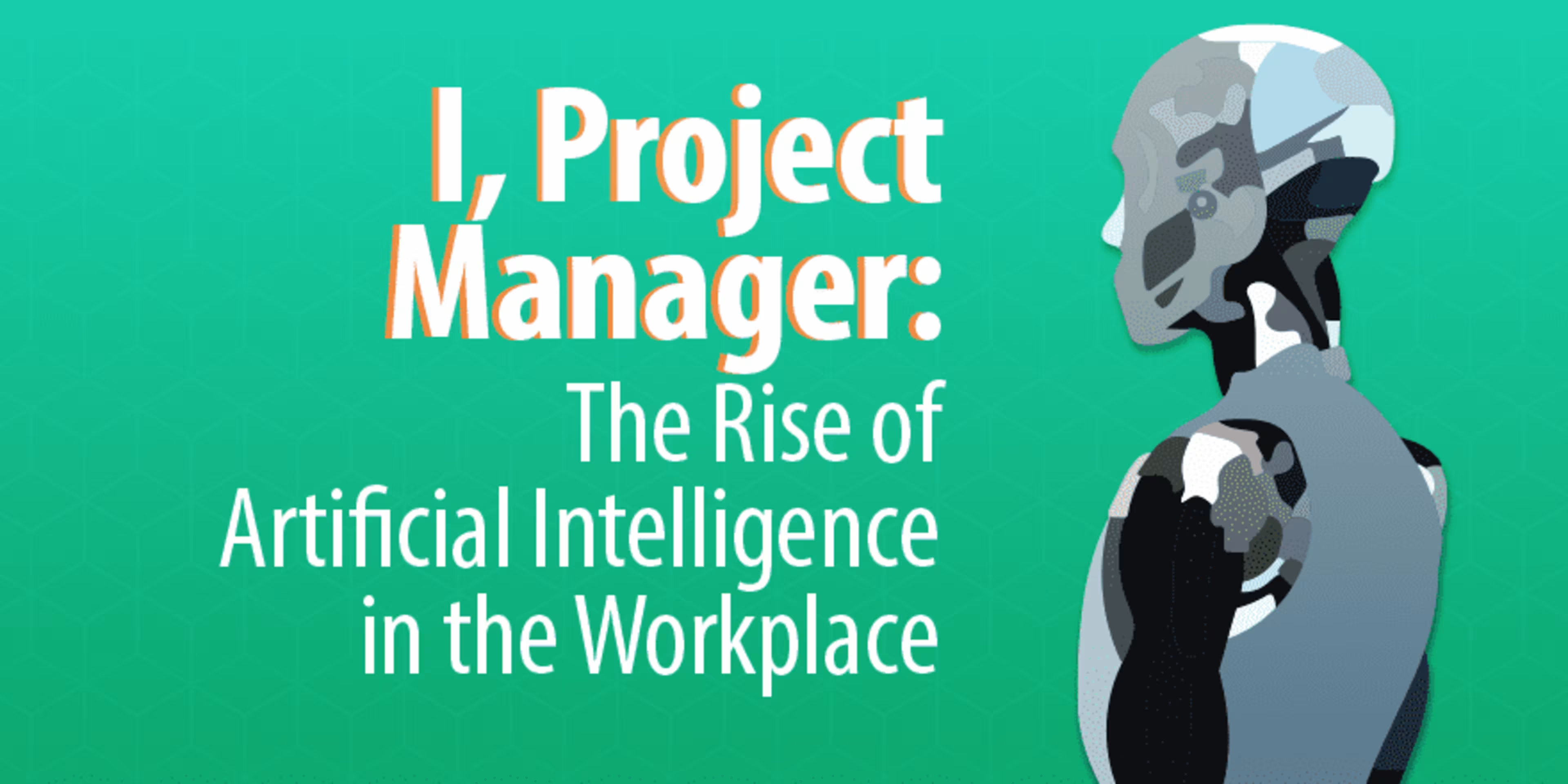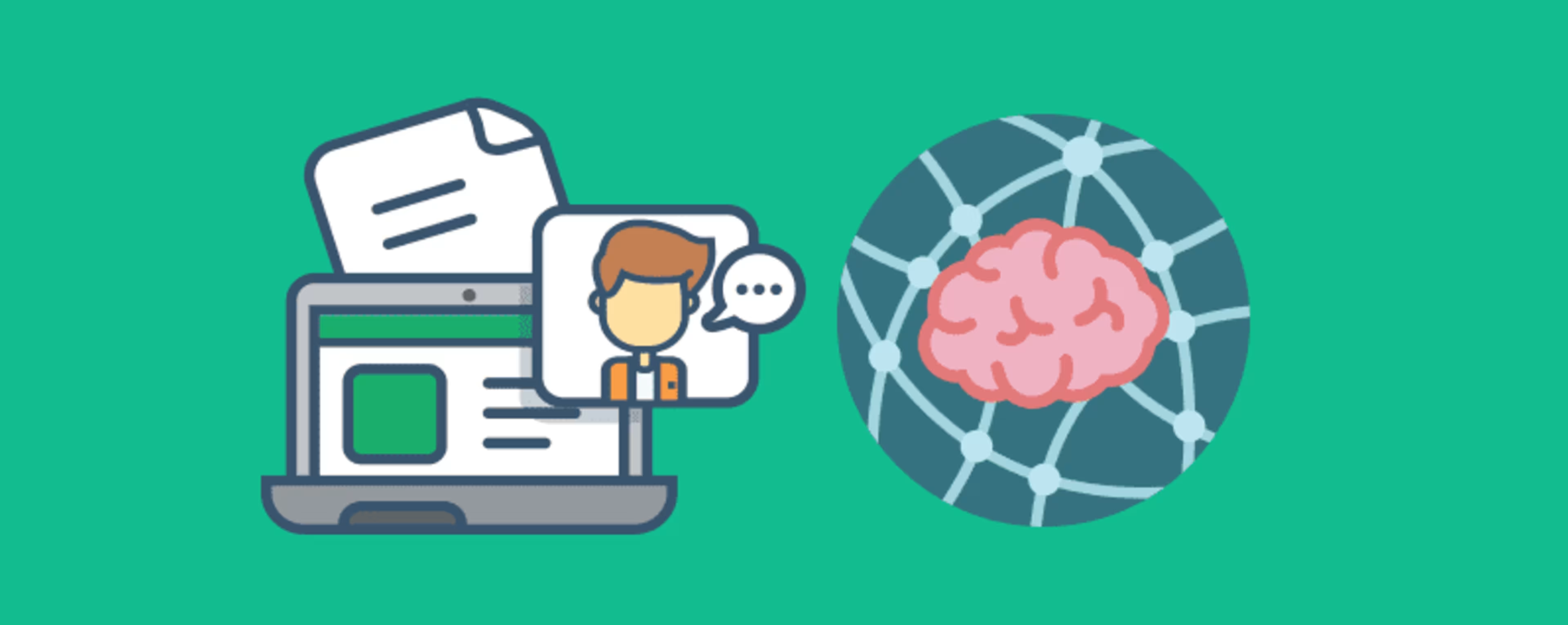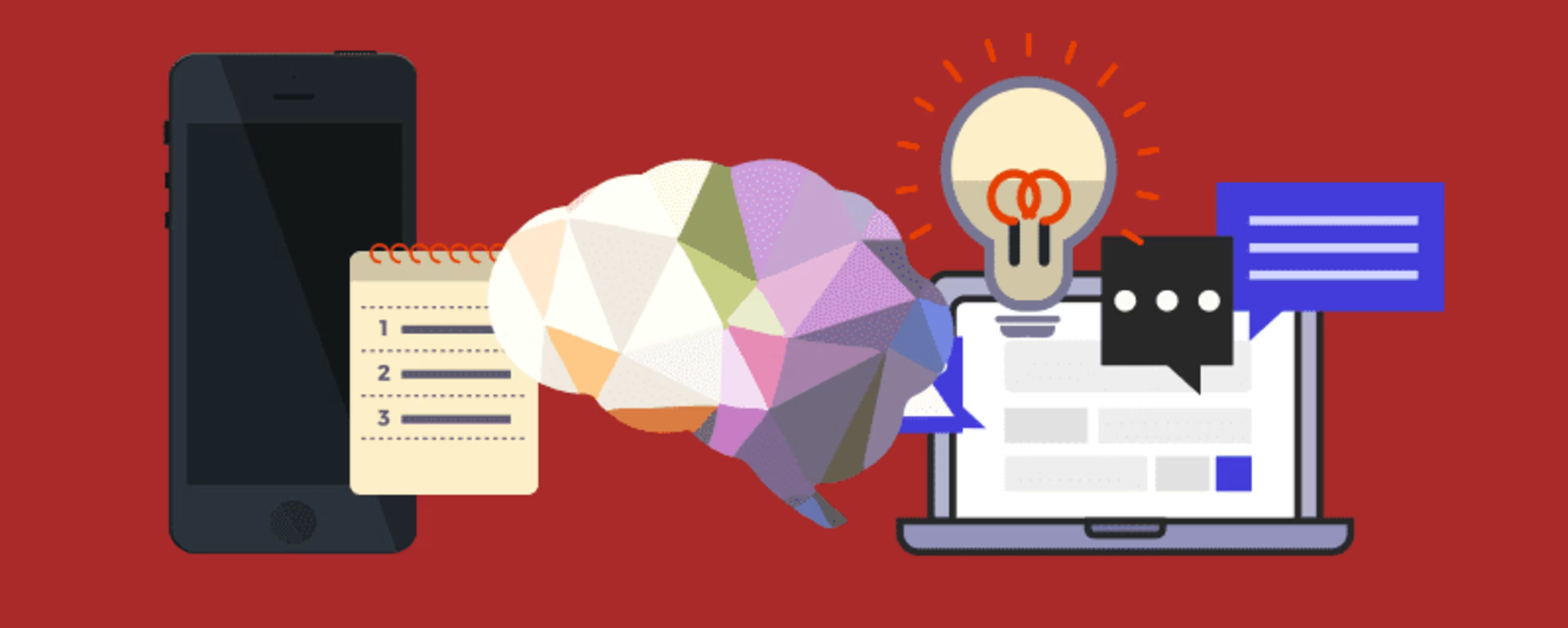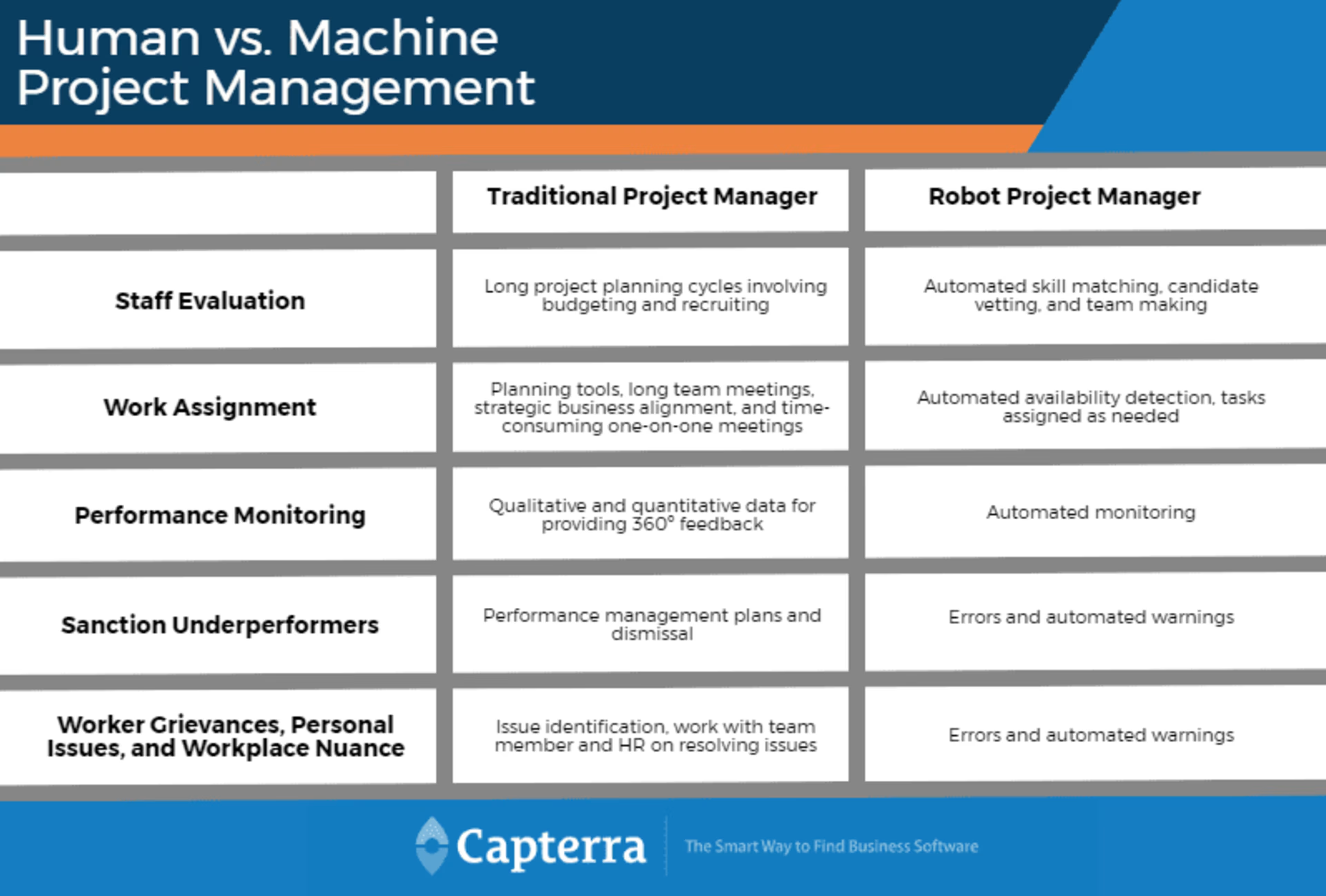Within the next five years, an app's capacity to work with AI will be more important than its mobile or cloud capabilities.
In a recent Gartner report, aptly titled, “Conversational AI to Shake Up Your Technical and Business Worlds" authors Tom Austin, Mark Hung, and Magnus Revang argue that artificial intelligence will be so ingrained in the workforce that AI integration will be essential by 2021. (The full report is available to Gartner clients.)
Businesses will rely on conversational artificial intelligence (think virtual personal assistants in the vein of Siri or Amazon Alexa) instead of individual apps. They write:
Instead of scores or hundreds of apps (of which individuals typically depend on 4-to-6 in any given day), we expect [business] people to rely on multiple agents that will learn their needs and preferences and do their bidding, providing proactive, context-sensitive support almost everywhere.
When I first read this report, I got excited—after all, who wouldn't want a helper that could integrate all of your systems into one, that could provide differing support based on needs and changing contexts?
Project managers report that projects most often fail due to a breakdown in communication, so having systems communicate effectively with one another, translated by an AI, and then communicated to the end user sounds like a solid investment.
Despite the potential advantages, there's a lot of fear about artificial intelligence in the workplace. For example, Oliver Yarbrough, a PMP at the NCMA, recently wrote on LinkedIn, “It's possible for [AI] to analyze larger data sets and deliver faster, more accurate analyses than humans. The result—good paying project management jobs are increasingly being replaced by more efficient machines."
Andrew Hill, writing for Financial Times, adds, “Most [managers] will have to develop specialist skills, be they creative or technical, that machines cannot yet master."
For those project managers who can't specialize (in their humanness, which I explain later in the article), they are going to have a hard time keeping their jobs.
Machines may not be able to display a human's intuition, but AI is here to stay. It's going to inevitably change how we do business today—and that's not all a bad thing.

Artificial intelligence in the workplace
Given the dizzying amount of information about artificial intelligence, its derivatives, and how it will impact project managers, this article aims to do the following:
Define terms related to AI in a way that most people can understand
Explain the benefits of AI for businesses
Explore the growing interrelationship between project management and AI
Predict how AI will change the project management profession by 2020
Highlight foreseen AI challenges for project managers in the workplace
List how to prepare for AI today
Use this guide to artificial intelligence in the workplace to understand and prepare for changes coming to project management. There's no way to stop AI from disrupting the status quo—and by the end of this article, you might not even want to.
What is artificial intelligence, really?
Artificial intelligence is an umbrella term for technology that goes beyond routine calculations into deep levels of analysis that only humans could accomplish until now.
A lot of confusion about AI derives from science fiction—when we think “intelligent," we think “humanlike." But that hasn't been the evolution of AI to this point, nor will it be.
Consider these three problems with thinking about AI in human terms:
Concepts that humans struggle to define, such as “common sense," “pathos," or “reason" cannot be taught to a computer.
“Intelligence," for smart machines, largely consists of accurately classifying content, such as faces, voices, and text, and finding patterns. That process, while impressive, is a far cry from humanlike intelligence.
To date, there is no way to produce a machine without a rule-based underlying system.
In other words, Ava of “Ex Machina," Andrew of “Bicentennial Man," and Hal 9000 of “2001: A Space Odyssey" won't be making an appearance in your office anytime soon.
How do businesses benefit from artificial intelligence in the workplace?

In a broad sense, both enterprises and consumers have been using artificial intelligence for decades. Think about everyday tools such as:
Credit card fraud detection
Entertainment recommendation algorithms, like Spotify or Netflix
Estimated meal-delivery times from GrubHub or UberEats
Your email client's spam filter
Voice-to-text and virtual assistants, like Siri or Cortana
My bet is that you hardly think about them.
Yet the quiet creep of AI into daily life, both for businesses and consumers, has massive implications. Artificial intelligence provides such a competitive advantage that businesses that don't invest will be left behind.
Gartner predicts that, “By 2019, artificial intelligence platform services will cannibalize revenues for 30% of market-leading companies" and “By 2019, more than 10% of IT hires in customer service will mostly write scripts for bot interactions." (The full report, “Predicts 2017: Artificial Intelligence," is available to Gartner clients.)
There are three drivers for any kind of business to invest in AI over the next few years as the technology becomes more complex. They include:
Employees and machines understanding each other better. No more onboarding new hires to learn Excel; programs will be intuitive enough to for anyone to use. And as for end users, they can create a customized user experience where their programs really get them.
Removing departmental segmentation. If AI networks are interconnecting apps, they will connect end users—or people—as well.
Automating what can be automated. Automation is what scares employees the most—no one wants to lose their job to a robot. Yet for businesses, AI systems could represent massive cost savings that are hard to ignore.
If the promise of improving understanding, communication, collaboration, and productivity is starting to sound like what you do in your role as a project manager, you may start questioning the safety of your job. Let's unpack how project management AI is going to play out.
What is project management AI?

Project management AI is an integrated system that can administrate projects without requiring human input. Using the power of artificial intelligence, bots will not only be able to automate tasks, but infer insights to make process recommendations, unveil team insights, and even make project decisions.
For example, technology exists or will exist in the near future that has the ability to:
Match the right resource to the right role. Piggybacking off the success of applicant tracking systems, HR managers are investing in more technology to further improve their hiring processes. Ideal, an AI-based recruitment software company, finds that “Companies that have adopted AI for recruiting software have seen their performance increase by 20%, their revenue per employee improve by 4%, and their turnover decrease by 35%."Now, imagine if that kind of accuracy could be used for project team selection.
Automatically reduce individual idle time. No need to worry about level of effort (LOE); project management AI can learn the cadence of each team member's output and assign regular work based on that individual's ability to comply. Tools that can do this are covered later in this article.
Create an ecosystem for knowledge management. When an employee leaves a company, she takes a discreet amount of nontransferable understanding of her role. Use your project management AI to aggregate patterns of workplace behavior and to centralize worker knowledge to improve consistency, quality, and to prevent “reinventing the wheel" when change arises. While this function is largely still theoretical, it will likely become available and affordable to enterprise-level businesses in the next year or two, and popularize quickly after that.
Foster a safe environment. For companies that have varying working conditions, artificial intelligence can detect invisible-to-the-human-eye warning signs that influence the likelihood of a workplace accident. For example, a construction project management AI could observe equipment performance, air quality, and employee facial expressions to predict unsafe behavior or an unsafe work environment, and alert the proper parties to prevent an accident.
Deliver untiring objectivity and vigilance. While humans can grow fatigued when checking their deliverable for accuracy and quality, an AI systems doesn't tire, nor does it make compromises or excuses because it's burned out on the project.
Of course, there is no one system that integrates all of these features yet, but project managers, regardless of industry, will undoubtedly encounter these job-changing project management AI benefits.

Does project management software offer artificial intelligence capabilities yet?
There aren't many project management tools with AI—it's an industry that has been slow to adopt the umbrella of machine learning and artificial intelligence.
There are some exceptions, however.
Chatbots are most prevalent manifestations of artificial intelligence in project management software. For example, Cisco Spark and Redbooth teamed up with the Api.ai platform to create a messaging bot that asked team members things such as, “What's happening today?", “Show me what my team is working on," and “What's urgent?"
Stratejos provides a similar function for Agile software development teams as a Slack integration. Similar Siri-like tools are sure to become more prevalent in the next few years.
There are a few heavier project management software platforms with AI functionality baked into their systems as well. For example: ZiveBox. A “digital workforce" tool with a healthy number of PM features, ZiveBox uses AI to determine how long a task should take, to examine the productivity of each team member, and to sort through enterprise-level communication databases (otherwise known as “a bunch of long chat conversations.") Rescoper. This platform claims to “handle the tedious parts of management so your team stays focused on results"—exactly what AI-enabled software should be doing. The project management software automatically alters the “view" of each user so that it's tailored for their specific permissions settings, automatically schedules tasks based on workload and task duration, and provides alerts if the system “thinks" your project is going to run into budgeting or scheduling trouble. ClickUp. A PM tool that recently came to market, ClickUp, is truly one-of-a-kind in the project management software industry. While still in beta, its algorithms can already:
Predict the best team member for a task and assign those tasks to them
Automatically tag users in comments based on relevancy contexts
Visualize notifications and updates
Predict deadlines that won't be met
Correct task time estimates
Interested in software solutions with similar features? These ClickUp alternatives are a great place to start.
“We see a sluggishly slow adaptation of AI/ML in the current PM ecosystem," Zeb Evans, ClickUp's CEO, tells me. “I strongly feel project management software in its current state is broken, clunky, and horribly complex. I exited from my previous company after six years of feeling these pain points and decided to tackle it."
And Evans has seen tremendous results already. He explains: “The closed beta trial has proved to be extremely efficient… We can absolutely already say a 20% or more reduction in manual user actions occurs after our threshold for optimal amount of data is reached."
Any project manager would be happy with those results.
As ClickUp leads the charge, more project management software is sure to emerge with more robust AI functionality. Polydone, a kanban-based project management system, is already promising its users: “In the near future, we'll add artificial intelligence and machine learning to Polydone. The objective is to automate even further and estimate project time and budgets even more accurately."
What are the problems with artificial intelligence in the workplace?

Of course, robo-project managers isn't the end of project management as a career.
Robots and artificial intelligence may automate the tedious tasks that consume a small part of a project manager's time, such as taking information from multiple sources and putting together nice PowerPoint decks, or normalizing project data from incompatible systems. However, the most primary role of a project manager is leadership and communication, and these are functions that cannot be automated.
That's Alan Zucker, founding principal of Project Management Essentials. With over 25 years of project management experience, he's skeptical that AI-enabled systems will do anything but automate tedious tasks. He concludes, “The central function of the project manager—ensuring the successful delivery of the project—remains."
Some even go as far to say that AI will help project managers manage their team management skills. Ji-A Min of Ideal tells me:
A survey found 51% of people hate project managers because 'they're lazy,' 'take credit for others' work,' 'fail to do realistic planning,' and 'don't understand the technology.'Robot project managers can be programmed to be free from these types of human flaws such as biased decision making, a lack of knowledge, and careless errors. Not only that, their performance will increase over time as their algorithms get more accurate as they continue to learn from data.
In other words, AI can control for predictable human fallibility, while also enabling project managers to be even better at their jobs. Consider the following tasks carried out daily by project managers:

As you can see, people management cannot be delegated to a robot, nor will we ever be able to do so. AI lacks the nuance to effectively manage well, and as emotional intelligence ranks as one of the most important attributes for hiring project managers, they're not soon to be replaced.
Avisha NessAiver, lead developer at Simply Physics, puts it beautifully: “A successful project manager is one who can balance the unpredictable. He or she must balance the capabilities and emotions of a diverse set of humans (inherently unpredictable creatures), and lead them toward success in the chaotic environment of a business."
In the chaos of project management, only humans can really prevail—especially when assisted with artificial intelligence.
What does the future of project management look like with artificial intelligence in the workplace?

Project management is going to change.
That fact is one that's alarming to anyone in the field, but think about it this way:
Project management was able to survive Oracle and Artemis when they launched project management software in 1977.
Project management was able to survive 1979, when spreadsheets first emerged.
Project management was able to survive 1986, when Carnegie Mellon released Capability Maturity Software.
Project management has been able to survive more advanced project management tools, such as Microsoft Project, Atlassian Jira, and now Slack.
The project management profession has evolved considerably over the past 50 years, and it's now more efficient and productive with increased project management tool mobility, analysis, and use. And it will continue to evolve—and thrive—under the new era of project management AI.Tell me about your experience with project management AI. Are you excited for its possibilities, or are you uncertain about how it will affect your job? How has artificial intelligence in the workplace changed your day to day?
I look forward to continuing the discussion in the comments below.
If you're interested in learning more about project management and artificial intelligence, check out these links.